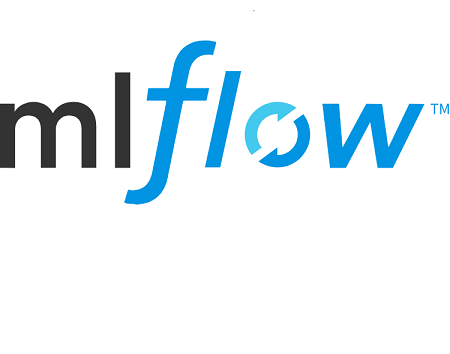MLflow is an open-source platform designed to streamline the machine learning (ML) lifecycle. It was developed by Databricks and has gained widespread adoption within the data science and machine learning communities. MLflow provides a comprehensive set of tools and libraries for managing the end-to-end process of developing, deploying, and maintaining machine learning models.
Key features of MLflow include:
-
Experiment Tracking: MLflow allows data scientists and engineers to keep track of their experiments. It records parameters, metrics, and artifacts for each run, making it easy to compare different models and configurations.
-
Model Packaging: With MLflow, you can package your models in a consistent format, making it straightforward to share models across teams or deploy them to production environments.
-
Model Versioning: MLflow offers model versioning, which helps keep track of different iterations of a model, ensuring reproducibility and easy rollback to previous versions.
-
Model Registry: The model registry in MLflow facilitates collaboration among data scientists by providing a centralized repository for managing, organizing, and auditing models.
-
AutoML and Hyperparameter Tuning: MLflow includes tools for hyperparameter tuning and automatic machine learning (AutoML) to help optimize model performance.
-
Deployment and Serving: You can deploy MLflow models to a variety of deployment targets, including cloud platforms and containerized environments, making it easier to put models into production.
-
Integration with Other Tools: MLflow can be integrated with popular libraries and tools like scikit-learn, TensorFlow, PyTorch, and more, allowing you to leverage your existing ML ecosystem.
Overall, MLflow simplifies the complexities of the machine learning workflow, from experimentation and development to deployment and management. It promotes best practices for tracking experiments, collaborating on models, and ensuring model reproducibility, making it a valuable tool for both individual data scientists and teams working on machine learning projects.
Here is sample notebook. Look for ‘## Prediction’ for model predictions. To run this notebook, I had MLFlow running on my laptop. I am not going to say, that the setup was easy. It isn’t.
Perseverance wins at the end of the day.
